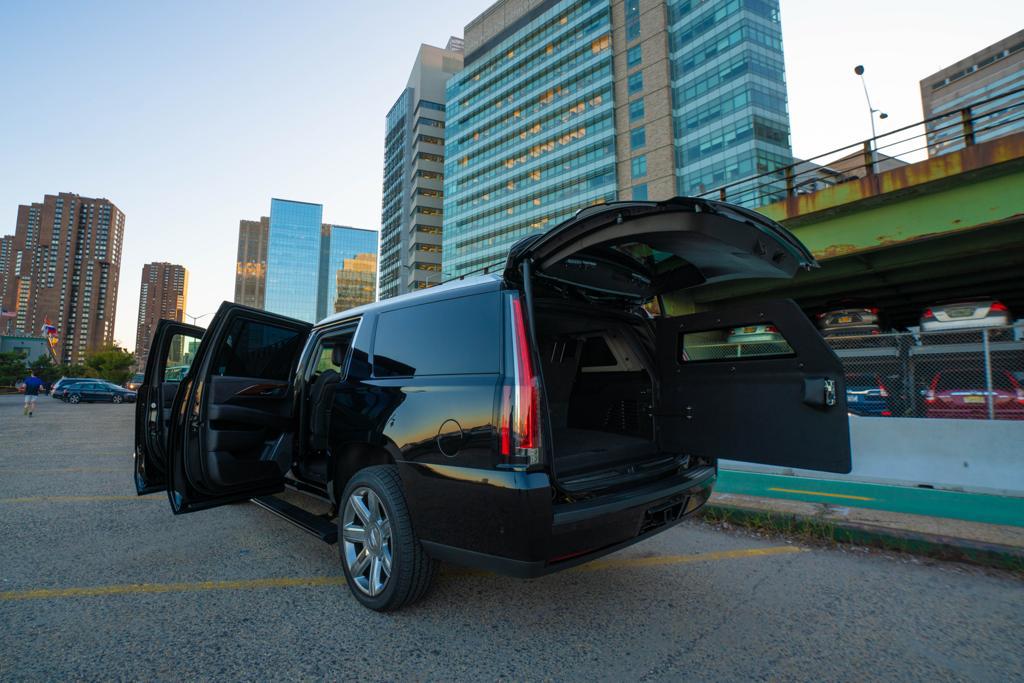Every time VIPs travel, they are exposed to a multitude of risks, ranging from health, safety and security risks. Travel risk management is a comprehensive approach that can help you fulfill your duty of care obligations by staying prepared in case of an emergency. The practice involves being proactive to identify, assess, prevent and mitigate potential security issues associated with such travel. Some key elements of VIP security are personal security, secure transport and intelligence gathering. But what exactly can you do to ensure effective VIP protection? Here are five best practices to follow.
1. Assess Risks
Before VIPs embark on their trips, security teams should conduct thorough risk assessments. Assessing risks allows you to identify potential hazards, evaluate the likelihood and impact of risks and implement strategies to mitigate them.
Take time to examine historic and emerging threats in the destination such as political tensions, terrorism, local crime rates and potential natural disasters. Also, consider individual risks due to factors like gender, religion, health conditions and traveling patterns. That way, you can develop a robust security plan tailored to the unique characteristics of the event. This will put you in a position to make informed decisions, including whether the individual should take the trip.
2. Create Local Partnerships
Effective VIP protection requires a collaborative approach. Creating a network of support and putting in place strong communication channels ensures security teams stay updated on potential travel risks. This empowers them to respond quickly to any security issues that may arise.
Part of good travel risk management entails liaising with local security forces, law enforcement agencies and private security contractors. Through such partnerships, you can get valuable resources like travel alerts, real-time information, area surveillance, emergency services and expert advice to help you make informed decisions and enhance executive protection.
3. Secure Transportation and Logistics
Logistics and secure transportation are critical aspects of VIP security. The process involves a range of measures designed to enhance privacy and safety while traveling. To ensure preparedness, have a travel policy and procedures in place and emphasize pre-travel preparations.
Providing secure transportation for executives includes selecting armored vehicles, strategic route planning, contingency routing and the use of technology for real-time tracking and communication. Decoy vehicles, unpredictable travel patterns, backup plans and regular vehicle checks can also help to enhance safety. Lastly, security teams should conduct a thorough reconnaissance of planned routes beforehand.
4. Training and Preparedness
Security personnel’s skills and preparedness play an important role in the effectiveness of a VIP protection strategy. To keep high-profile individuals safe and away from danger, security teams need to undergo specialized training. Keeping skills sharp enables security personnel to provide holistic support and security.
Specialized training for executive protection personnel operating in high-risk areas should include hostile environment awareness training (HEAT), emergency first aid and evacuation procedures. The training can also focus on aspects like threat assessment, close protection, advanced combat techniques and the latest security technologies. Such training should be rigorous and ongoing to keep up with the evolving nature of threats and security challenges.
5. Crisis Management and Response
Even with careful planning, emergencies and crises can still occur. It’s important to have a robust crisis management plan in case of kidnappings, terrorist attacks, medical emergencies or natural disasters. A good crisis management and response plan should outline clear communication channels, response procedures and escalation protocols. This includes on-site support where possible and evacuating the traveler.
Having a well-coordinated response plan that includes local authorities and international support if necessary is vital. Such a plan will help to ensure swift and seamless coordination of efforts during a crisis.
Improve Your Travel Risk Management With David Shield Security
There’s a lot that goes into travel risk management for VIPs, but with the right security professionals who check all the boxes, you’re off to a great start. At David Shield Security, we provide advice and strategies on how best to protect dignitaries’ well-being and enjoy peace of mind. Contact us to learn more about our services and find out how we can help safeguard VIPs during their journeys.

